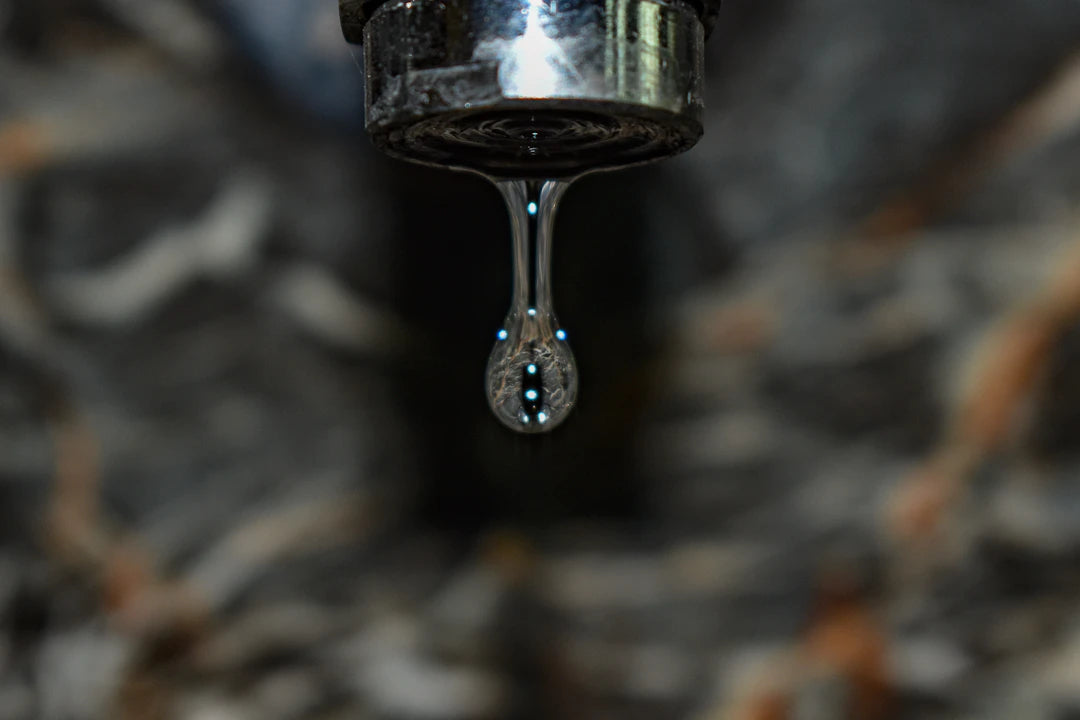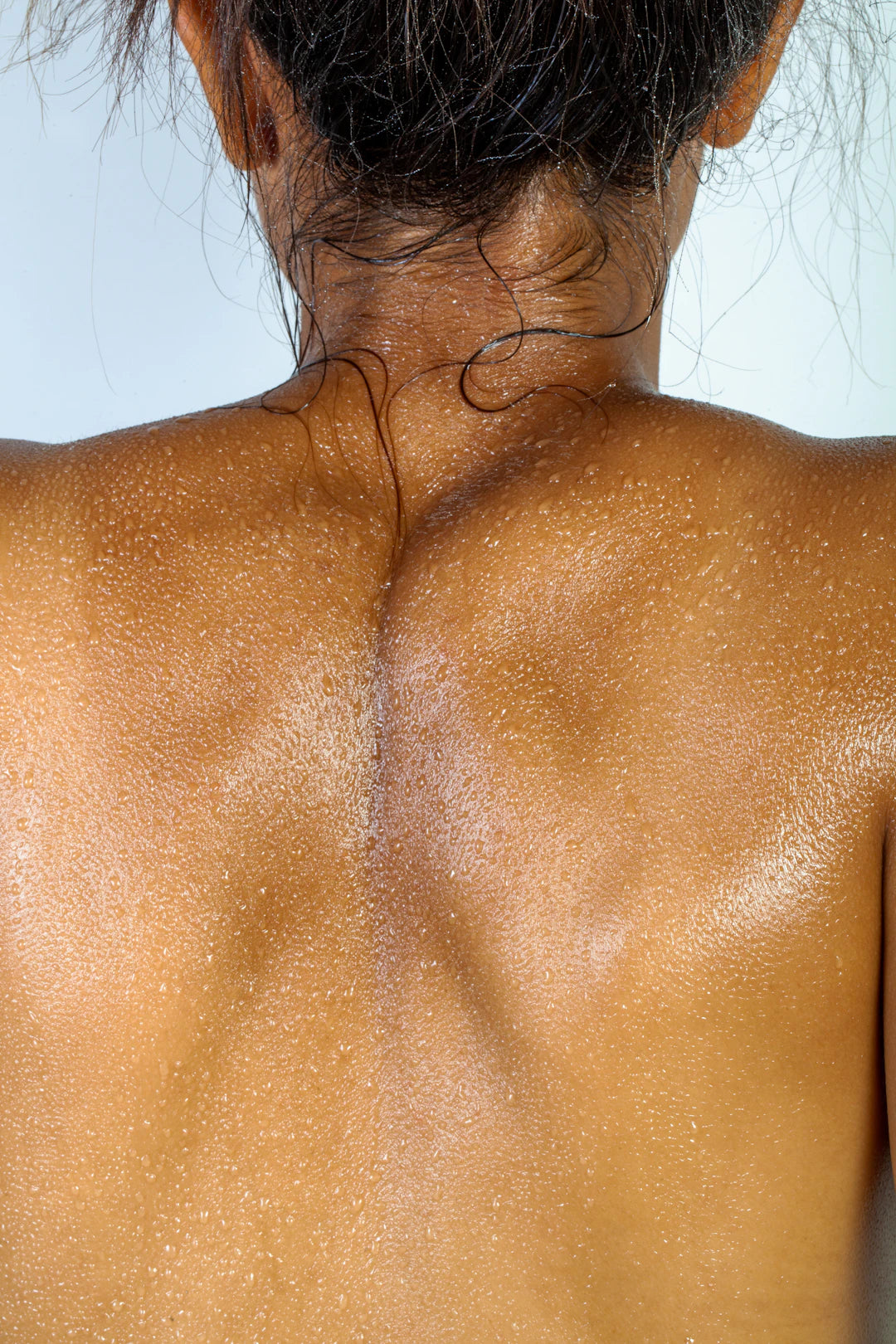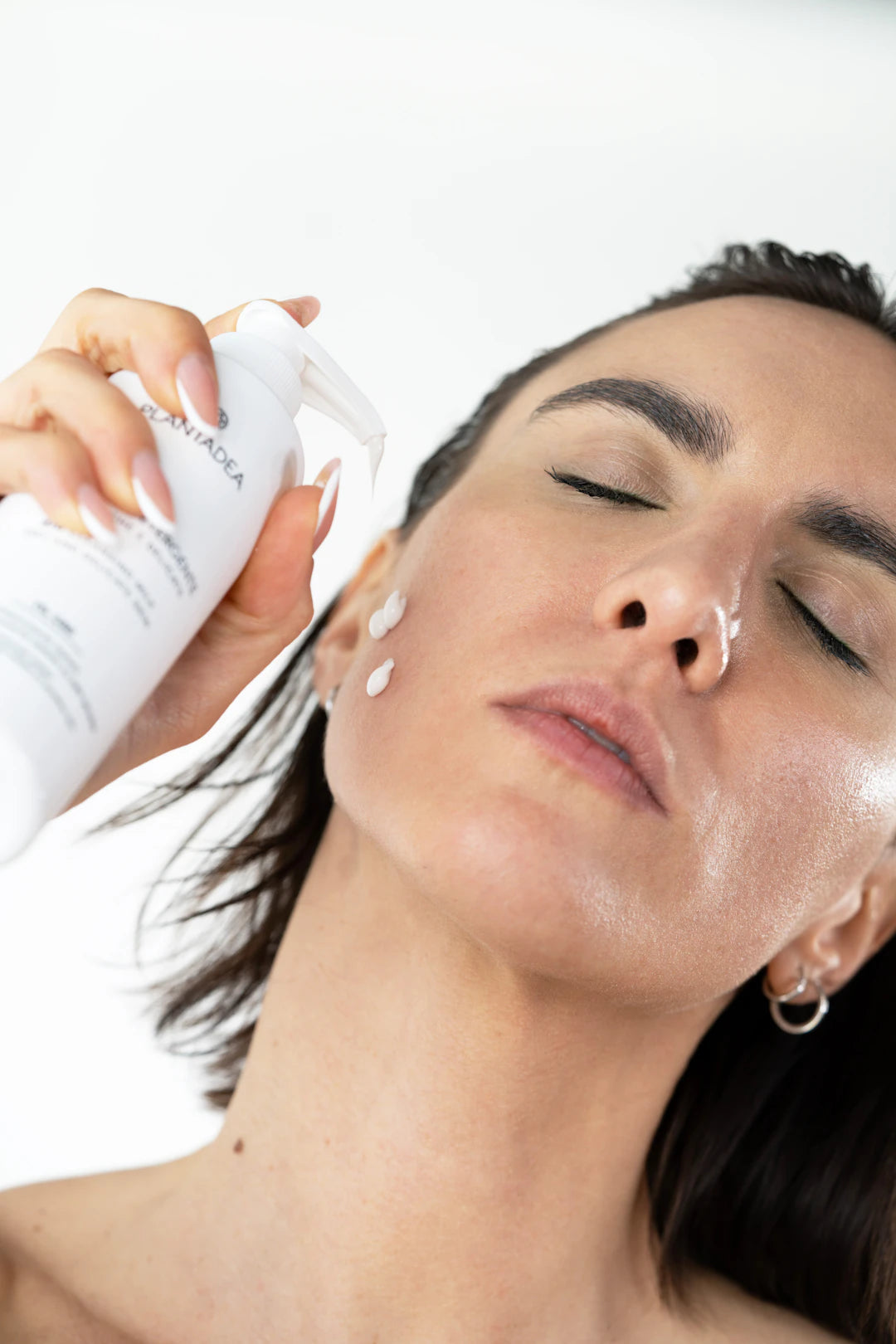Hydration Matters: Top Techniques for Moisturizing Skin

Frequently Asked Questions
1. Why is hydration important for skin health?
2. How do I know my skin type?
3. What are effective moisturizing techniques?
4. What ingredients should I look for in moisturizers?
5. How can I customize my moisturizing routine?
Keeping your skin hydrated is essential for achieving a healthy and radiant complexion. When it comes to skincare, the right moisturizing techniques can make all the difference in the world. In this blog post, we will explore the best methods for hydrating your skin effectively, discussing the latest skincare innovations like proprietary peptides and their benefits. Whether you're dealing with dry patches, oily areas, or combination skin, these moisturizing techniques are designed to suit all skin types!
The Importance of Hydration in Skincare
Hydration plays a critical role in maintaining the overall health of your skin. When your skin is adequately moisturized, it not only appears plumper and more youthful but is also more resilient against environmental stressors. Here are some reasons why hydration matters:
- Prevents Dryness: Unmoisturized skin can lead to dryness and irritation, making it essential to keep your skin hydrated.
- Improved Elasticity: Well-hydrated skin retains its elasticity better, reducing the appearance of fine lines and wrinkles.
- Promotes Healing: Hydration supports the skin's natural healing process, further enhancing its health.
- Boosts Radiance: When your skin is well-hydrated, it reflects light better, giving you that sought-after glow.
Understanding Different Skin Types
Before implementing any moisturizing techniques, it's important to understand your skin type. This knowledge allows you to choose the right products and methods tailored specifically for your unique needs. Following are the common skin types:
Oily Skin
Characterized by excess sebum production, oily skin often requires lightweight, non-comedogenic moisturizers to prevent clogged pores.
Dry Skin
Dry or flaky skin can benefit from a rich, creamy moisturizer infused with hydrating ingredients. Look for products containing proprietary peptides that support moisture retention.
Combination Skin
This skin type exhibits both oily and dry areas. A balanced moisturizer that targets both conditions is key for achieving the best results.
Sensitive Skin
For sensitive skin, it is crucial to opt for fragrance-free and hypoallergenic moisturizers to avoid irritation.
Moisturizing Techniques You Should Know About
Now that we've established the importance of hydration and the different skin types, let's dive into effective moisturizing techniques that will leave your skin looking replenished and nourished.
Layering Your Skincare Products
Layering can significantly enhance the moisture content in your skin. Here’s how to do it:
- Cleanse: Start with a gentle cleanser that won’t strip your skin of its natural oils.
- Tone: Use a hydrating toner to prepare your skin for better product absorption.
- Essence/Serum: Apply a hydrating essence packed with proprietary peptides to deeply nourish and hydrate your skin.
- Moisturizer: Seal the hydration with a quality moisturizer suitable for your skin type.
Utilizing Face Masks
Incorporating face masks into your skincare routine can dramatically boost hydration levels. Here are some types to consider:
- Sheet Masks: These are infused with hydrating serums and can deliver concentrated moisture directly to the skin.
- Clay Masks: While primarily used for oily skin, certain clay masks can also provide hydration by balancing oils.
- Overnight Hydrating Masks: These are designed to be worn overnight, allowing for deep hydration while you sleep.
Emphasis on Humidity
Humidity levels significantly impact skin moisture. Here's how to maximize moisture absorption based on your environment:
- Use a Humidifier: In dry climates or during winter months, utilizing a humidifier can keep the air—and your skin—moist.
- Hydrate from Within: Always remember that your skin's hydration starts from the inside. Drink plenty of water daily to keep your skin healthy.
Incorporating Proprietary Peptides
When discussing effective moisturizing techniques, it’s impossible not to mention the star of the skincare show: proprietary peptides. These peptides are short chains of amino acids that help your skin retain moisture. Here’s how they can benefit your skincare routine:
Mimicking Natural Processes
Proprietary peptides simulate the body’s natural processes, boosting collagen and elastin production. This promotes skin elasticity and overall hydration, making your skin appear firmer and more youthful.
Building a Barrier
These peptides also help strengthen the skin's natural barrier, reducing trans-epidermal water loss (TEWL). This means your skin can retain moisture better, keeping it hydrated longer.
Natural Hydrating Ingredients to Look For
When searching for the best moisturizers, consider those that include natural hydrating ingredients. Here are some to keep an eye on:
- Hyaluronic Acid: Known for holding up to 1,000 times its weight in water, this ingredient provides deep hydration.
- Aloe Vera: This natural hydrator soothes inflamed skin while adding moisture.
- Coconut Oil: Rich in fatty acids, it locks in moisture while combating dryness.
- Jojoba Oil: With a structure similar to our skin’s natural oils, jojoba oil nourishes without clogging pores.
Timing Your Moisturizing Routine
When you moisturize can be just as important as what you use. Timing your skincare routine can make a world of difference:
Morning Routine
In the morning, opt for lightweight moisturizers that provide hydration without feeling heavy. This will create a smooth base for makeup and protect your skin throughout the day.
Nighttime Routine
Your nighttime routine is where the magic happens. It’s a perfect time to use richer creams and hydrating serums infused with proprietary peptides, allowing your skin to rejuvenate while you sleep.
PAM - Pre-Activity Moisturizer
Before any outdoor activities, apply a moisture barrier that protects against UV rays and environmental pollutants. This will shield your skin and maintain its hydration levels, even under stress.
Customizing Your Routine
No two skin types are identical! Customizing your skincare routine is essential for achieving optimal hydration. Here are some tips on how to tailor your moisturizing methods:
Seasonal Adjustments
As seasons change, so should your moisturizing routine. Consider switching to heavier creams in the winter and maintaining a lighter gel during the summer heat.
Listen to Your Skin
Pay close attention to your skin’s response after applying products. If you notice excessive greasiness, scale back on heavy formulas. Conversely, if your skin feels tight or dry, you might want to explore more hydrating options.
Addressing Common Hydration Myths
Lastly, let’s debunk some common myths about skin hydration that might be holding you back from achieving your best skin!
Myth 1: Oily Skin Doesn’t Need Moisturizer
This is a widespread misconception! Even oily skin requires hydration. Opt for lightweight, oil-free moisturizers to keep your skin balanced.
Myth 2: Drinking Water Alone Hydrates Your Skin
Hydrating your skin through water intake is effective, but topical application of moisturizers is essential for visible results. Both methods work best together.
Myth 3: You Only Need to Moisturize in Winter
Skin needs moisture year-round. Whether it’s cold or hot outside, regular moisturizing helps maintain that healthy glow.
Unlock the Secret to Radiant Skin
Achieving beautifully hydrated skin requires consistency and knowledge of your skin’s unique needs. By employing the techniques mentioned above, utilizing products with proprietary peptides, and regularly assessing your skincare routine, you’ll be well on your way to unlocking the secret to radiant and nourished skin. Hydration truly matters, so start incorporating these tips today and enjoy the benefits of beautiful, glowing skin!


